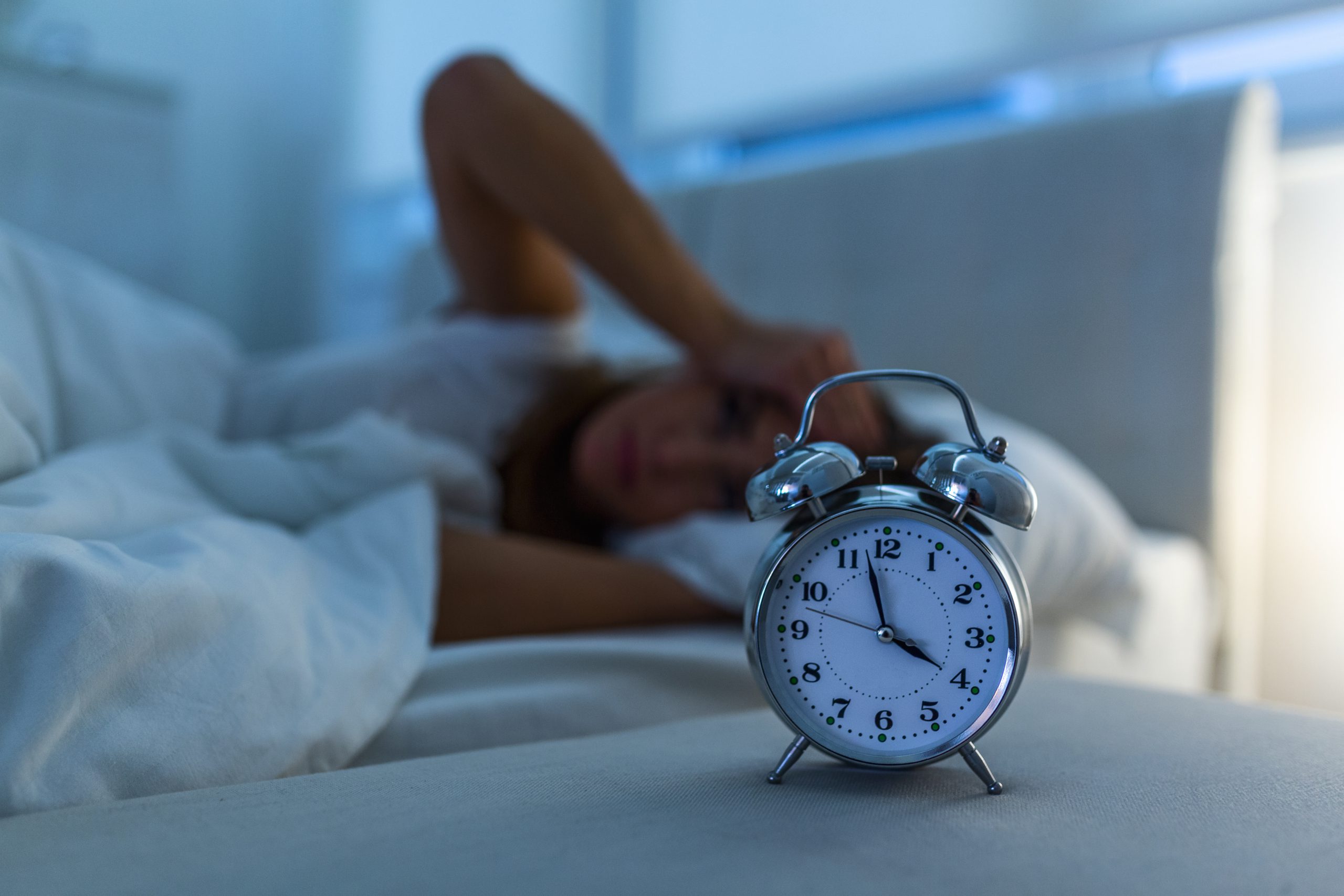

They live long, are in good shape, and are overall healthy. Want to know their secrets?
Read more
6 Surprising Solutions to Common Sleeping Problems
Problem #1: Sleep-Onset Insomnia
Picture this—you’re lying awake at night, memorising the patterns of your ceiling for the umpteenth time. It does not matter if you’re exhausted; you still can’t sleep.
If this scene is familiar, you may have sleep-onset insomnia, a sleep disorder in which someone has a delay in falling asleep. And lying in bed may make it worse.
The Surprising Solution: Sleep Restriction
Sleep restriction is a technique that calls for you to reduce the time you spend awake in bed. Rather than tossing and turning, it’s best to leave the bed and return once you’re sure you’ll sleep.
Sleep restriction is a practice that should always be done with a doctor’s approval. However, you can safely apply some concepts to your daily life. For instance, leave the bed and engage in another activity until you feel drowsy enough to sleep.
Problem # 2: Sleep Maintenance Insomnia
Unlike sleep-onset insomnia, folks with sleep maintenance insomnia don’t have any problem falling asleep—they struggle with keeping it that way throughout the night.
Usually, it involves waking up at random throughout the regular sleeping schedule and being unable to fall asleep again.
The Surprising Solution: Yoga before bedtime
Insomnia has countless causes, so you need a professional to diagnose you. Nonetheless, yoga may be an excellent homemade solution worth trying before escalating.
Sleep maintenance insomnia often comes from untimely arousal mid-sleep cycles, so relaxation techniques before bedtime have a positive impact. For example, one study determined that yoga before sleeping improved insomnia in 20 study cases, while another one found yoga nidra beneficial for chronic insomnia.
Problem # 3: Restless Leg Syndrome
If you’ve ever been in bed trying to fall asleep only to feel an uncomfortable sensation on your legs urging you to run a marathon, you’re not alone—that’s Restless Leg Syndrome (RLS).
This compelling desire to move your legs is hard to describe, but it’s unpleasant enough to make sleep impossible. You may feel a short-time relief if you stretch or move, but the sensation returns immediately after.
The Surprising Solution: Add more magnesium to your diet
Currently, no one is sure what causes RLS, so solutions are not yet certified. Nonetheless, there is some promising research.
Some studies indicate that a magnesium deficiency may cause RLS and that supplying the body with extra doses of the mineral can help regulate the body’s responses to certain components.
High doses of magnesium through supplements can be risky, so be sure to consult with a physician. However, you can naturally increase your body’s magnesium by eating beans, lentils, avocados, nuts, and dark greens.
Problem # 4: Snoring
While snoring is just loud breathing at night, with enough time and seriousness, it can significantly impact your rest and your partner’s.
The causes are endless—from the simple, like temporal nasal airway blockage or a weird sleeping position, to the serious, like sleep apnea.
To rule out a sleeping disorder or other health concerns, it’s best to consult with a medical health provider. Nonetheless, there are plenty of harmless explanations for snoring—and more than a few quirky solutions.
The Surprising Solution: Tongue Workouts
A common cause for snoring unrelated to sleep apnea is having your throat and tongue out of shape. Poor muscle tone in both can make your airways relax too much during sleep, which induces snoring.
But luckily, you can solve that with exercises.
The officially titled oropharyngeal muscle exercises are a workout routine that can significantly improve snoring by strengthening your oral cavity and throat muscles. Tongue stretches, jaw exercises, and even singing can sometimes make a difference.
Problem # 5: Sleep Anxiety
If you feel fearful, scared, or worried each time you’re about to go to bed, you may have sleep anxiety.
Sleep anxiety can be something as straightforward as fearing you may not fall asleep in time, or it can flare up alongside another sleeping disorder.
Surprising Solution: Hide Phones and Clocks
Sleep anxiety has multiple causes, and most of them should be evaluated by professionals. Nonetheless, in some cases, you can reduce it by keeping your electronics and clocks out of reach.
If your sleep anxiety is due to the fear of not being able to fall asleep, watching time pass by could make your apprehension worse. Staying away from electronics 30 minutes before going to bed and keeping all clocks out of reach will keep you from checking the time and increase your anxiety.
Count Sheep No More
While sleeping issues have many causes—including those that only specialists can treat—sometimes little habits and changes can have long-term benefits you may not suspect.
These surprising solutions are low-risk, high-benefit, and easy to try—will you give them a shot?